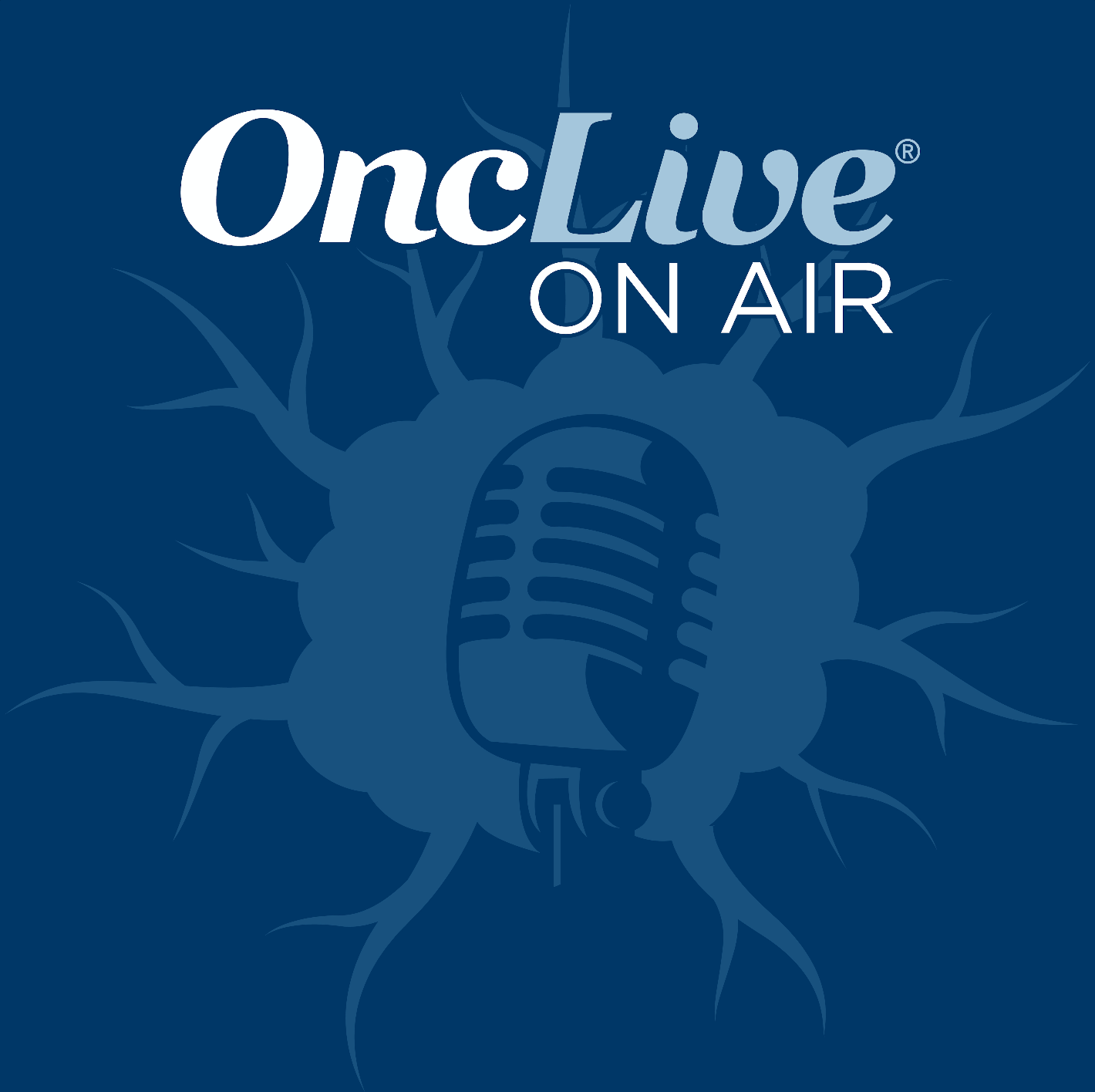Video
Dr. Pegram Discusses Challenges Once Biosimilars Hit US Market
Author(s):
Mark D. Pegram, MD, Susy Yuan-Huey Hung Professor, co-director, Stanford’s Molecular Therapeutics Program, director, Breast Cancer Oncology Program, Stanford Women’s Cancer Center, discusses challenges biosimilars will face once they hit the United States market.
Mark D. Pegram, MD, Susy Yuan-Huey Hung Professor, co-director, Stanford’s Molecular Therapeutics Program, director, Breast Cancer Oncology Program, Stanford Women’s Cancer Center, discusses challenges biosimilars will face once they hit the United States market.
Biosimilars will inevitably become more prominent in the United States when patents expire for many reference products in the next few years. Once this happens, the biggest obstacle this class of drugs will face is the concept of extrapolation, Pegram says. Since all the available biosimilars will be FDA approved on the basis of 1 or 2 clinical trials, is that enough to boost the confidence of clinicians and patients to implement these agents in practice?
In some cases, this concept will stretch across different malignancies. For example, the trastuzumab (Herceptin) biosimilar MYL-1401O (Ogivri; trastuzumab-dkst) is FDA approved for the treatment of HER2-positive breast cancer and metastatic gastric adenocarcinoma. However, this agent was only tested in a clinical trial of patients with breast cancer. Commonly used drug combinations have also not been tested with their biosimilar replacements. Pegram questions: Can a trastuzumab biosimilar effectively be used in combination with pertuzumab (Perjeta)?
Clinicians are going to need high confidence in the quality standards assessed in the manufacturing of biosimilars as well as the regulators who approve them, Pegram concludes.








